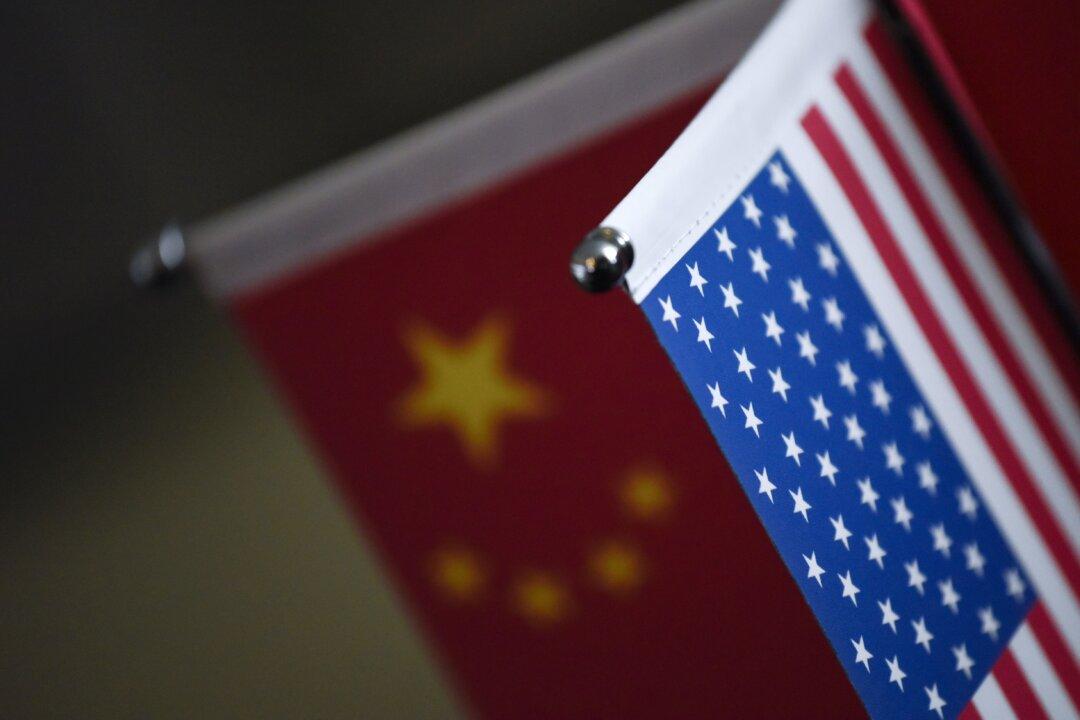China’s Supreme People’s Court began operating an intellectual property (IP) division as of Jan. 1, the first time a judicial body has been set up expressly to handle IP disputes.
The move has been widely understood as a gesture by Beijing in signaling its willingness to cooperate with U.S. demands for an end to massive Chinese violations of IP theft. However, experts and observers doubt the new appeals court will be able to carry out its functions under the corruption-ridden communist regime.





